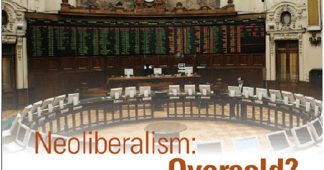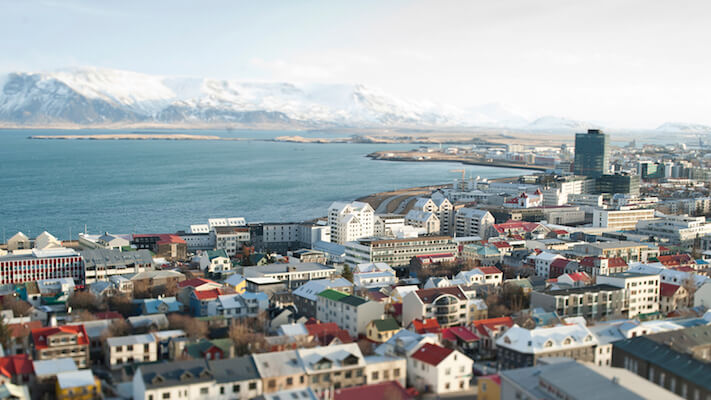By Jonathan D. Ostry, Prakash Loungani, and Davide Furceri
Instead of delivering growth, some neoliberal policies have increased inequality, in turn jeopardizing durable expansion
Milton Friedman in 1982 hailed Chile as an “economic miracle.” Nearly a decade earlier, Chile had turned to policies that have since been widely emulated across the globe. The neoliberal agenda—a label used more by critics than by the architects of the policies—rests on two main planks. The first is increased competition—achieved through deregulation and the opening up of domestic markets, including financial markets, to foreign competition. The second is a smaller role for the state, achieved through privatization and limits on the ability of governments to run fiscal deficits and accumulate debt.
There has been a strong and widespread global trend toward neoliberalism since the 1980s, according to a composite index that measures the extent to which countries introduced competition in various spheres of economic activity to foster economic growth. As shown in the left panel of Chart 1, Chile’s push started a decade or so earlier than 1982, with subsequent policy changes bringing it ever closer to the United States. Other countries have also steadily implemented neoliberal policies.
There is much to cheer in the neoliberal agenda. The expansion of global trade has rescued millions from abject poverty. Foreign direct investment has often been a way to transfer technology and know-how to developing economies. Privatization of state-owned enterprises has in many instances led to more efficient provision of services and lowered the fiscal burden on governments.
Read the full article here:
http://www.imf.org/external/pubs/ft/fandd/2016/06/ostry.htm
Also you can read:
Iceland proves the nation state is alive and well











